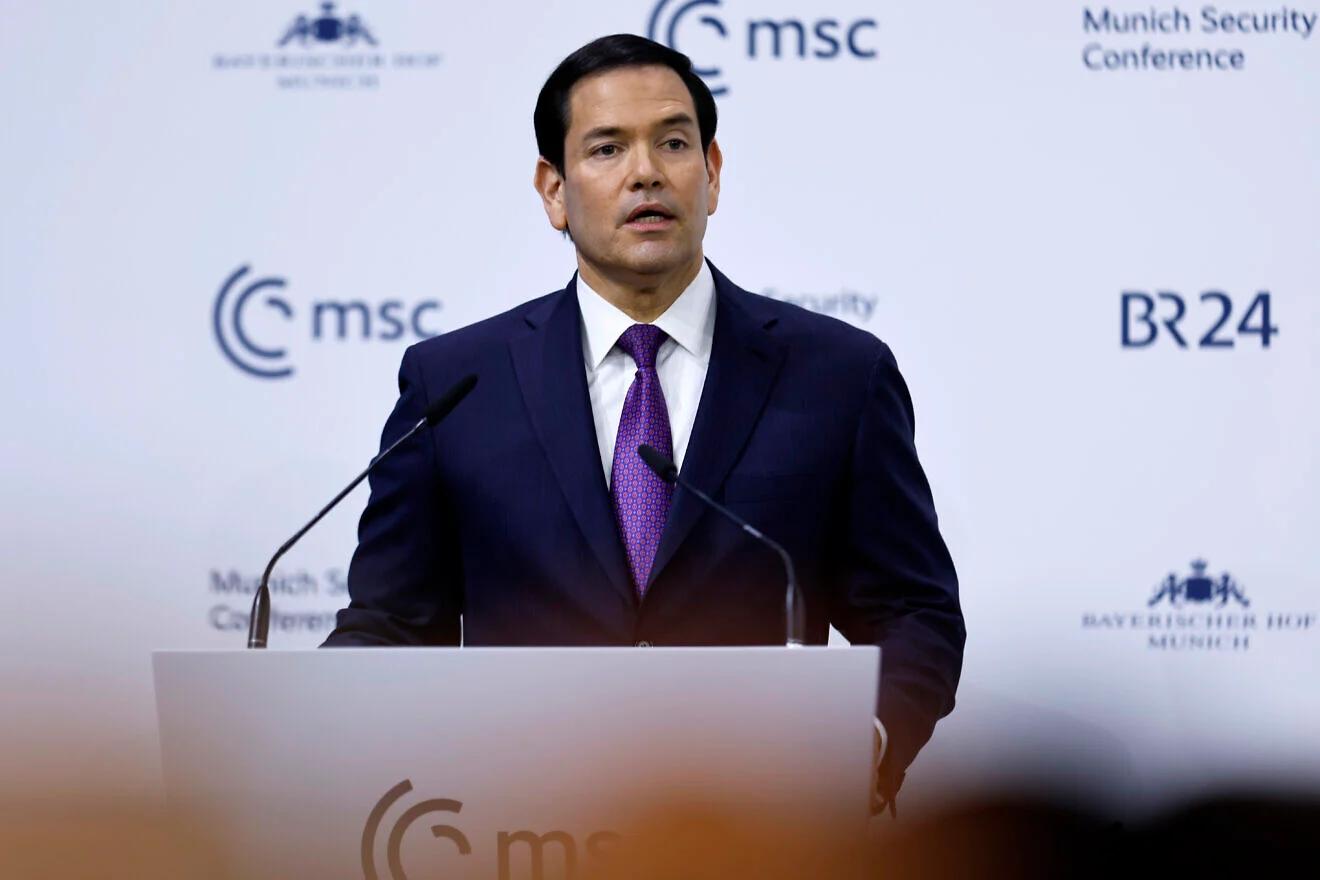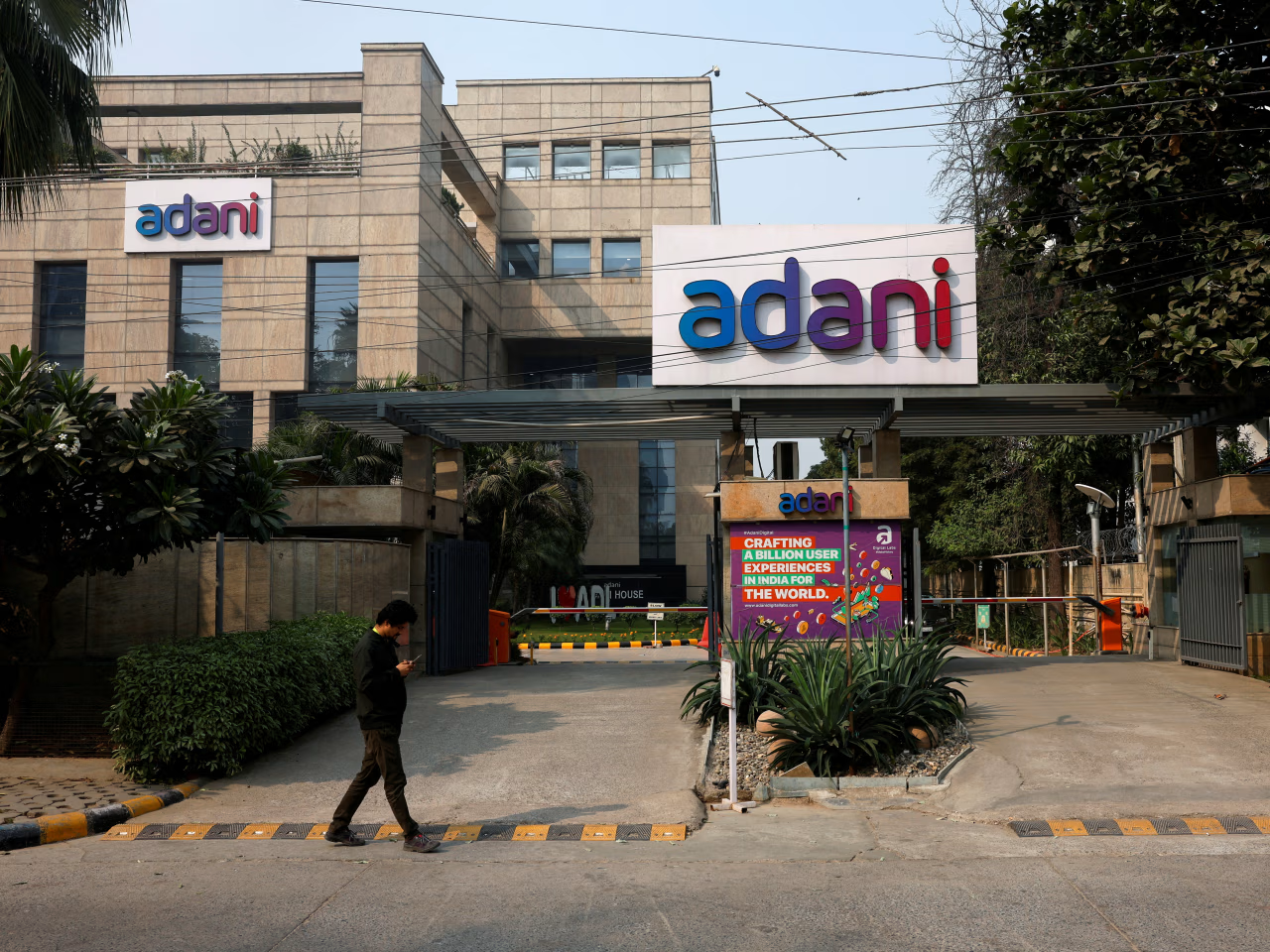Key Impact Points:
- Generative AI Innovation: Generative AI is transforming food production, sustainability, and health by optimizing operations and creating novel solutions that address global challenges.
- Inclusivity in Decision-Making: The use of AI in the food sector is challenging traditional power dynamics, promoting diverse perspectives and more equitable decision-making processes.
- Sustainability and Health: AI-driven innovations are crucial for improving sustainability in food systems, reducing environmental impacts, and promoting better health outcomes.
Generative AI: The New Frontier in Food, Health, and Climate
Generative AI, a type of Artificial Intelligence that creates new content or solutions by generating new data, scenarios, and models, is emerging as a game-changer in driving innovation. With significant social and environmental potential, it is making waves at the intersection of food, health, and climate.
According to a recent survey by the Capgemini Research Institute, around 40% of food and beverage companies are currently utilizing AI, with many exploring the possibilities of generative AI. This technology can optimize productivity, accelerate sustainability, and enhance human health, ensuring that food production meets the needs of both consumers and producers without compromising planetary health.
AI and Inclusivity in Food Sector Decision-Making
Innovation is essential for improving global food security and sustainability, and generative AI has the potential to enhance inclusivity within this process. The food sector, historically controlled by a few key players, has seen significant power concentrated in the hands of a narrow group that influences decisions on what food is grown, where it is produced, and how it is processed, distributed, and consumed.
Change the World - Subscribe Now
“Critical tech decisions in healthcare, climate, and food have been monopolized by a narrow clique of privileged voices for far too long,” says Yasmin Shmuel, CEO and Co-Founder of KLEVER AI. KLEVER AI’s platform features “decision rooms” that harness “collective decision intelligence” to unlock valuable insights, drive operational efficiency, and enable data-driven decisions with confidence.
KLEVER AI’s technology has broad applications, particularly in health and the food and beverage industries. Considering that food systems account for a third of global anthropogenic greenhouse gas emissions and consume 70% of the world’s freshwater resources, leveraging generative AI in this sector could drive substantial positive global change.
AI-Driven Solutions for Sustainable Food Systems
The first UN Food Systems Summit (UNFSS) in September 2021 underscored the need for inclusive participation in transforming food systems. This approach not only leverages diverse perspectives but also promotes equity, innovation, and resilience.
“The long-term public benefits food systems must deliver challenge the short-term individual interests that currently distort our food systems,” said African Food Fellowship Director Joost Guijt, in support of the summit’s objectives.
Shmuel believes that Klever AI’s approach to generative AI is a catalyst for change in industries long dominated by “homogeneous thinking.” She points to the 70% failure rate in tech adoption as evidence of a system in need of transformation.
“Lives hang in the balance, yet we’re still allowing the same insular group of decision-makers to dictate our future,” she says. “Diversity of thought unlocks boundless potential.”
Generative AI: Enhancing Sustainability and Health
Generative AI can revolutionize food production, distribution, and consumption by optimizing operations, improving sourcing, and adopting circular economy practices. In precision agriculture, AI can analyze complex datasets to recommend practices that reduce environmental impact while enhancing productivity. This includes optimizing crop rotations and resource use to ensure sustainable agricultural practices.
“For agriculture, it’s coming at us in ways that make it easier for producers to do their job, and do it better,” said Nina Schick, founder of Tamang Ventures, in her keynote at evokeAG. 2024.
The potential for AI to enhance sustainability is vast, particularly in regions like Africa, where AI4D Africa reports that AI could boost economic growth by $2.9 trillion by 2030. Despite representing just 2.5% of the global AI market, half of AI applications on the continent are in agriculture.
Generative AI also plays a pivotal role in addressing health-related aspects of food production. Given that nine of the top fifteen global risk factors for morbidity are linked to poor diet, AI’s potential to design food products that promote better health is transformative.
Innovative Applications of Generative AI
At IFT FIRST, the annual event of the Institute of Food Technologists, Nora Khaldi, CEO of Nuritas, showcased how generative AI is being used to optimize food production for better health outcomes. Nuritas developed PeptiStrong®, a natural muscle builder, using AI, reducing the discovery time from 30 million years to just two.
Notco, a food-tech company, uses AI to create plant-based substitutes for animal products, while Nutrino employs AI algorithms to provide personalized dietary recommendations. McCormick & Company utilizes generative AI to develop new flavor products, aligning with changing consumer tastes.
From a supply chain perspective, generative AI enhances innovation, profitability, and sustainability from farm to fork by improving forecasting, traceability, safety, and waste reduction.
The Future of AI in Food and Health
As AI continues to shape the future of food and health, ethical considerations and collaborative efforts are paramount. Generative AI has the potential to create fairness, transparency, and accountability. The inclusion of diverse voices is not just an ethical imperative but a strategic necessity for developing innovative, equitable, and sustainable solutions.
“Our current decision-making processes are not good enough,” affirms Shmuel. “They’re costing lives, stifling innovation, and perpetuating a system that values conformity over competence. As AI guru Andrew Ng said, ‘AI will not disrupt people; people that use AI will disrupt people who do not use AI.’ It’s time to embrace AI as a tool for revolutionary change, not as a competitor.”
Related Article: Climate Change AI Innovation Grants 2024: Call for Proposals

 Follow SDG News on LinkedIn
Follow SDG News on LinkedIn











